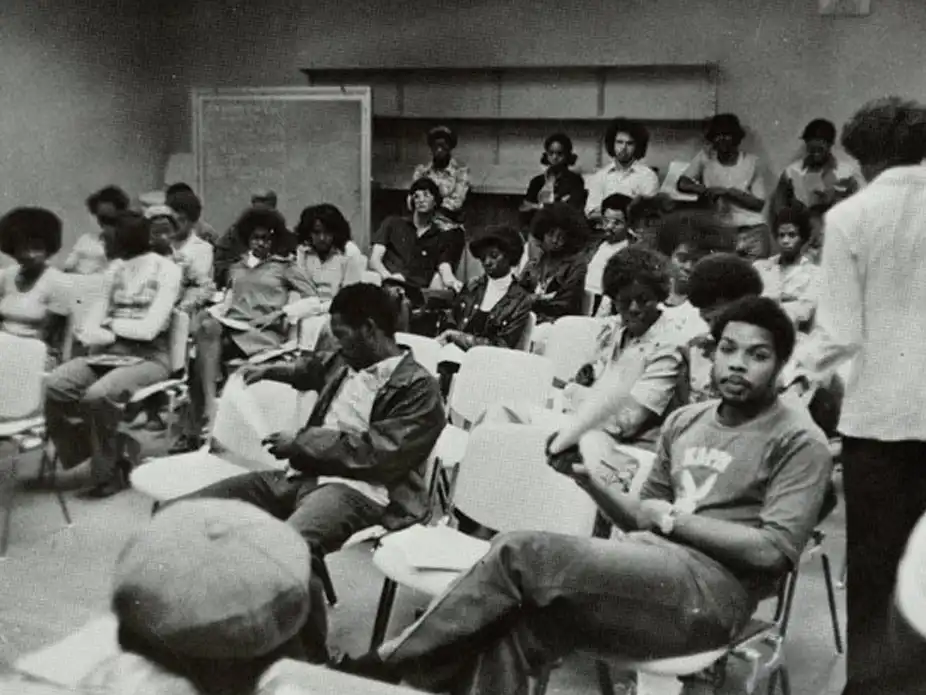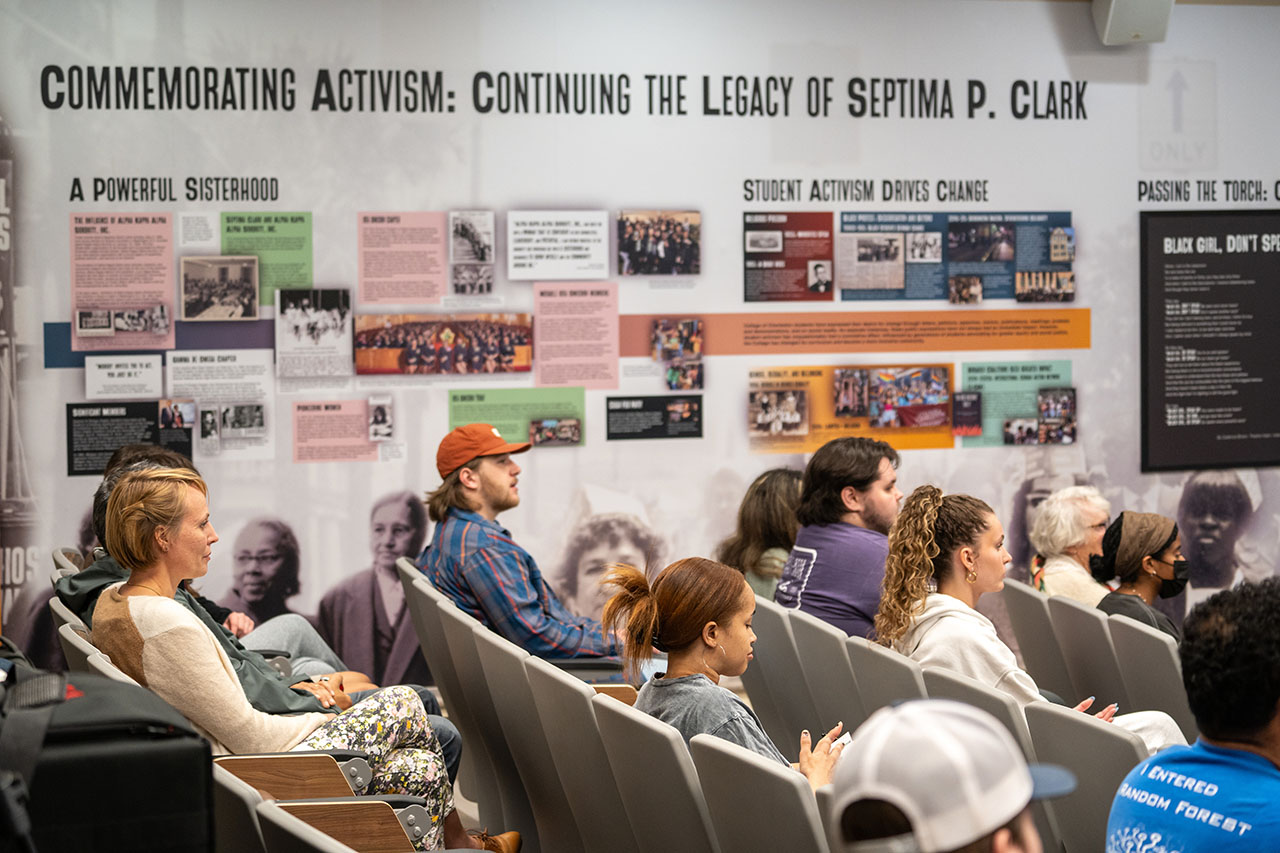African American Studies
Welcome to African American Studies!
We offer both a major and a minor in African American Studies, focusing on the exploration of African American experiences. Our goal is to help you understand the rich history and culture of African Americans. Through various disciplines, we introduce students to the Black experience domestically and abroad. We also promote the study of African American history and culture beyond the campus engaging with the larger Charleston community. This creates space for the African American Studies Program to be an integral part of intellectual life at the College of Charleston.
Students who study African American Studies can pursue careers in a wide range of fields. These fields include law, politics, medicine, art, teaching, entertainment and journalism. The knowledge and skills you gain will help you make meaningful contributions and excel in whatever professional path you choose.
More About the ProgramWelcome to the African American Studies

Upcoming Events



Desegregating CofC
Desegregation of the College of Charleston exhibit is now live on Lowcountry Digital History Initiative. Originally curated by Dr. Mari N. Crabtree, Ph.D., as a physical exhibit, the Desegregation of the College of Charleston exhibit was on display in the Addlestone Library rotunda in 2016.
Desegregating CofC
Related News

International Studies Major Named Finalist for Critical Language Scholarship

Honoring Septima Clark With Art, Poetry, Activism

CofC Student Completes State Department Internship